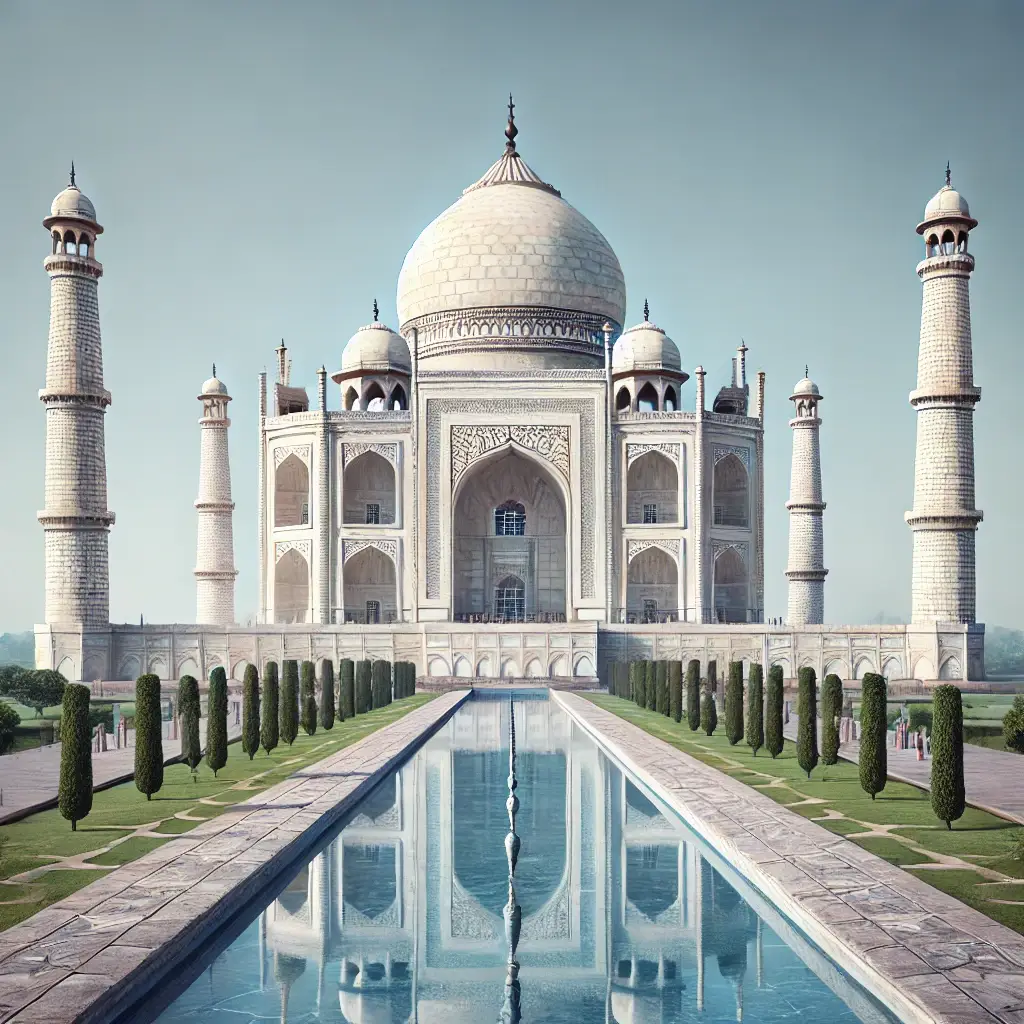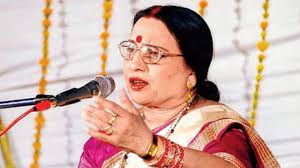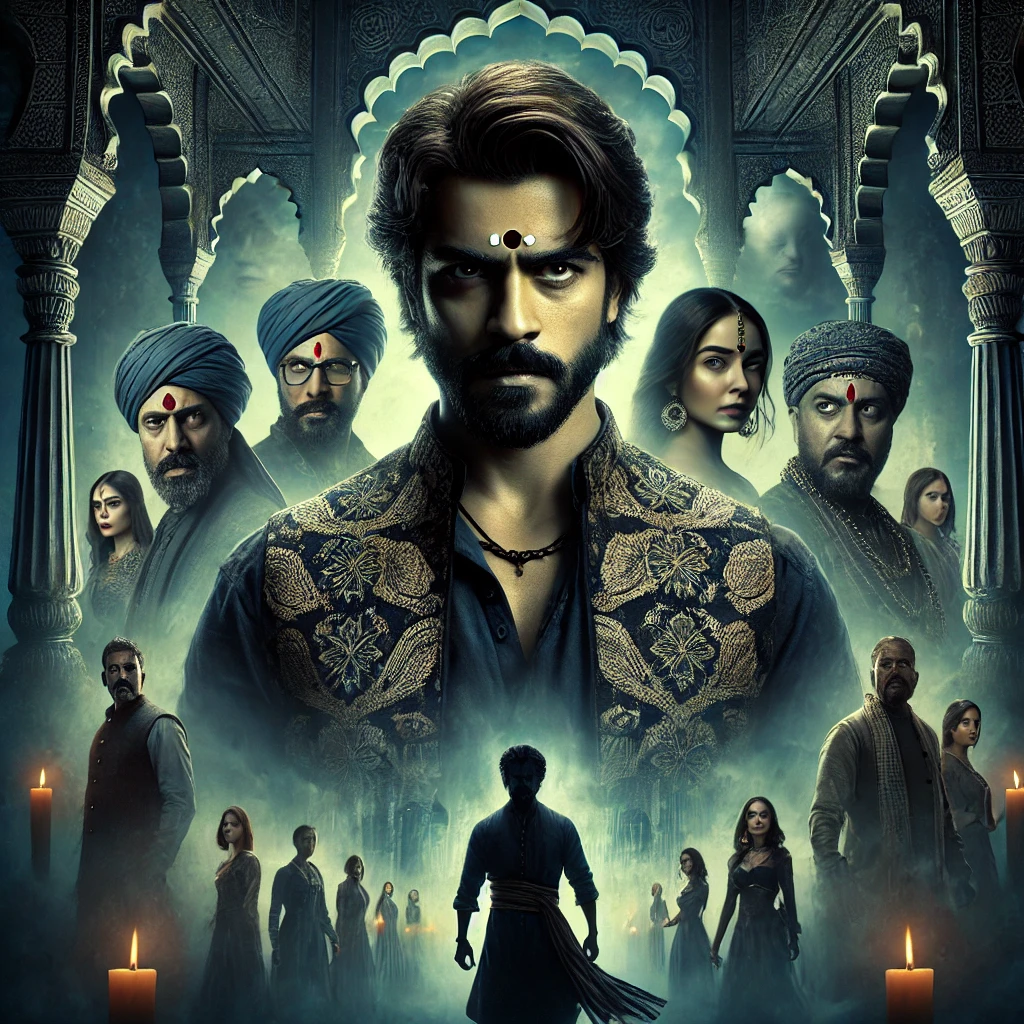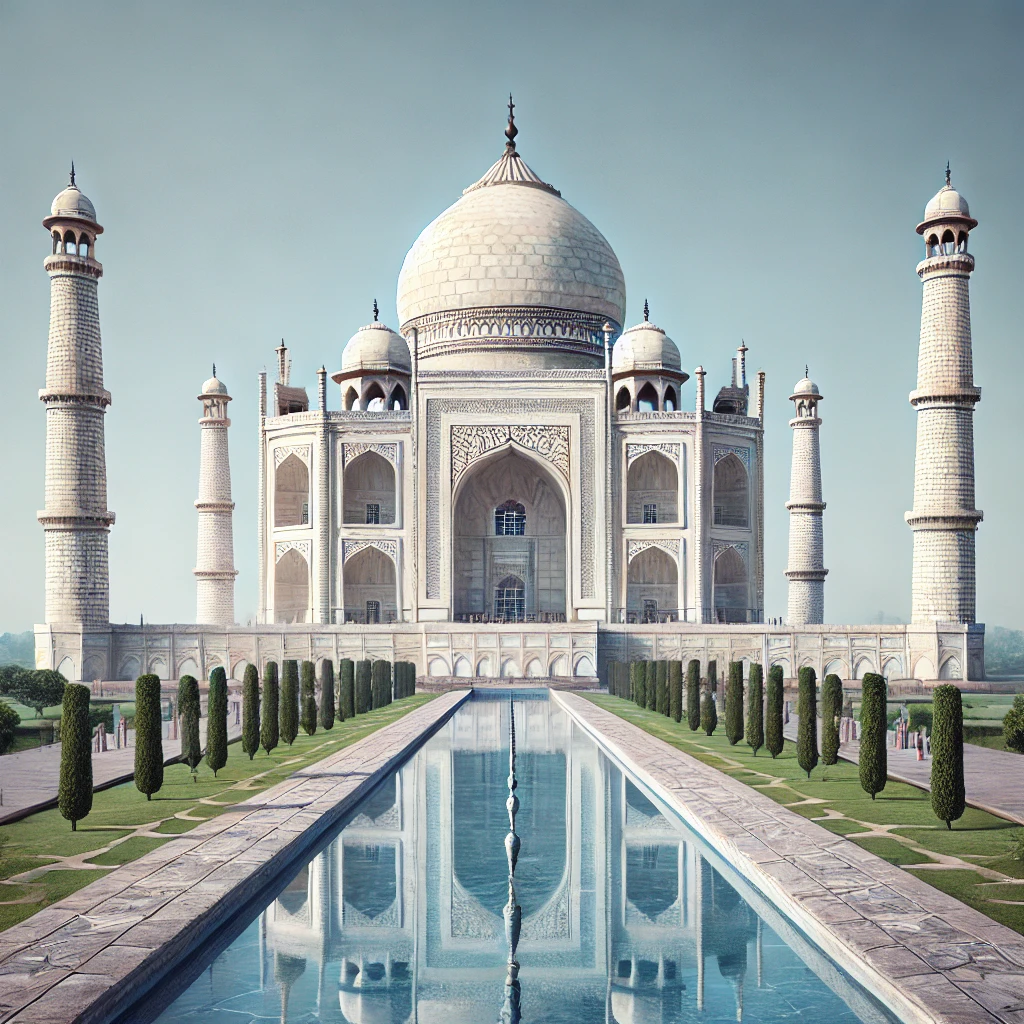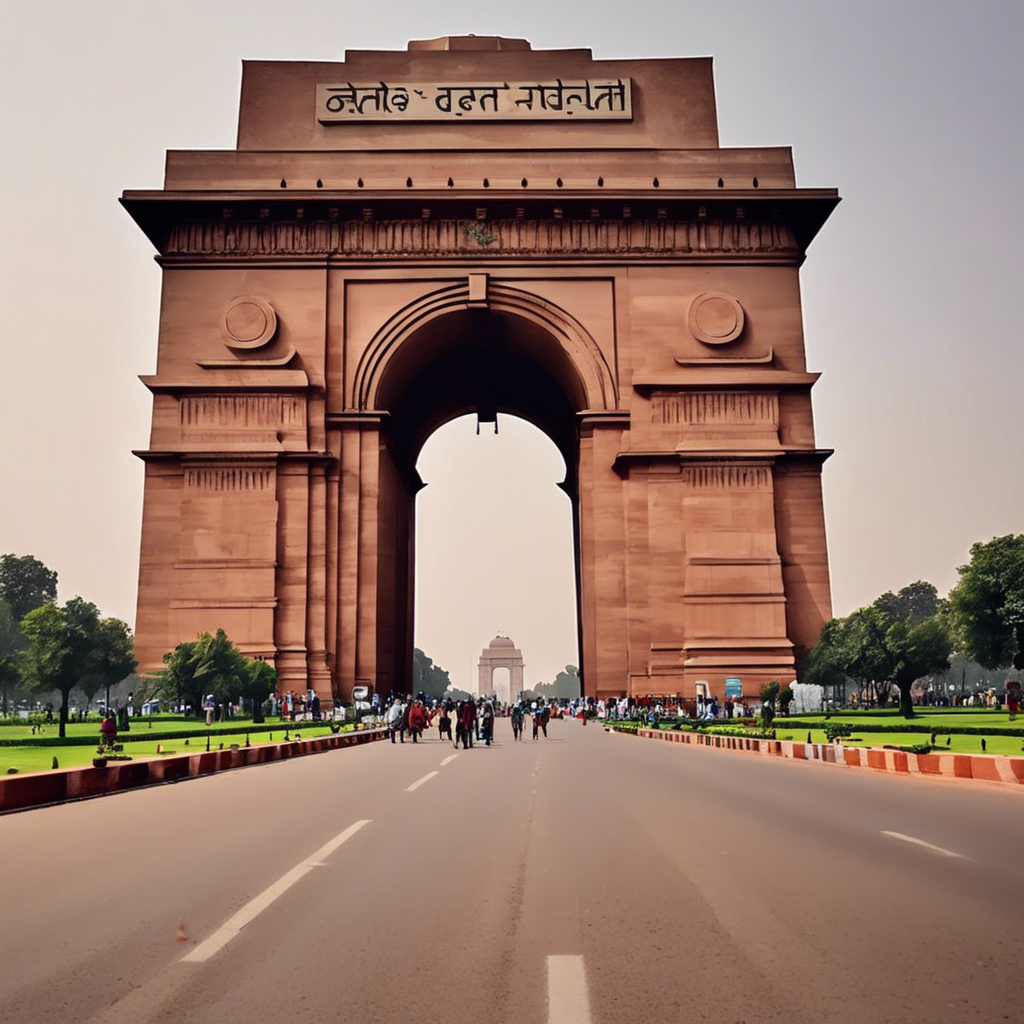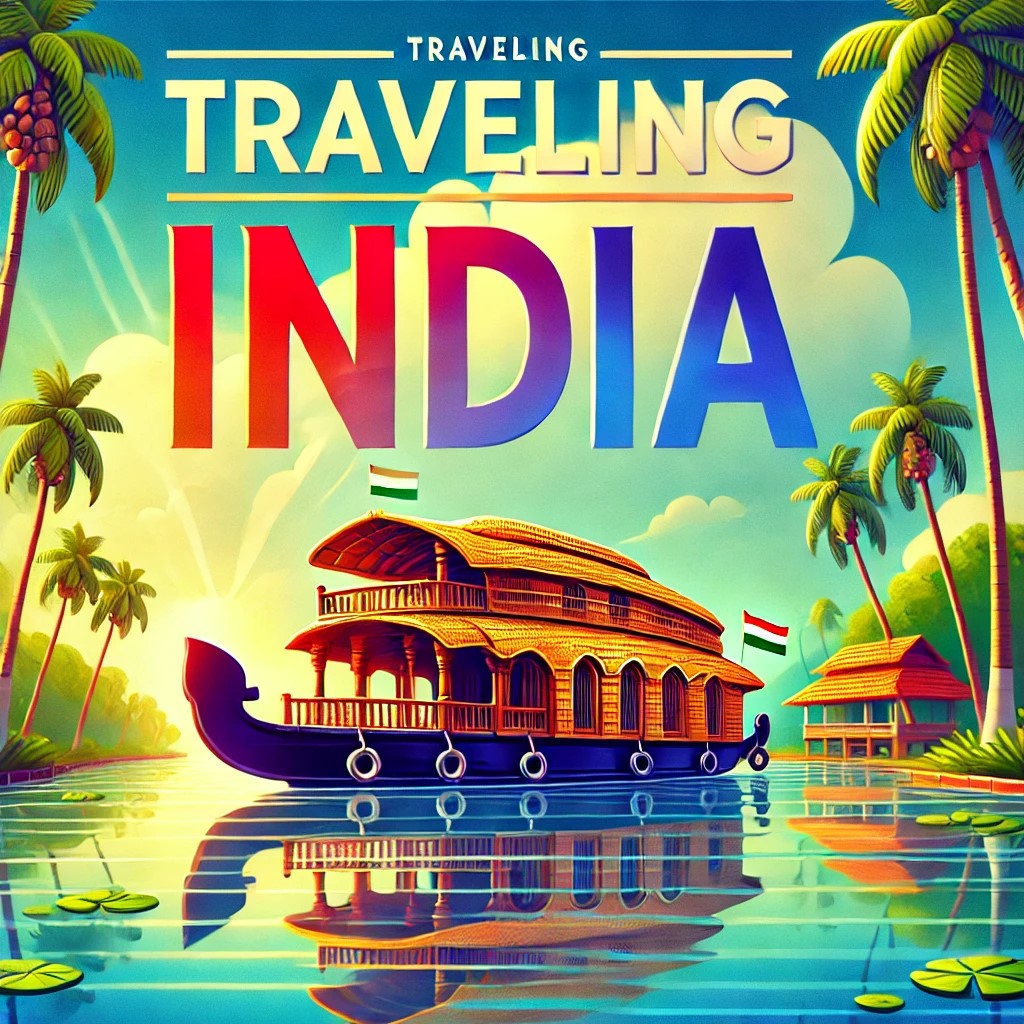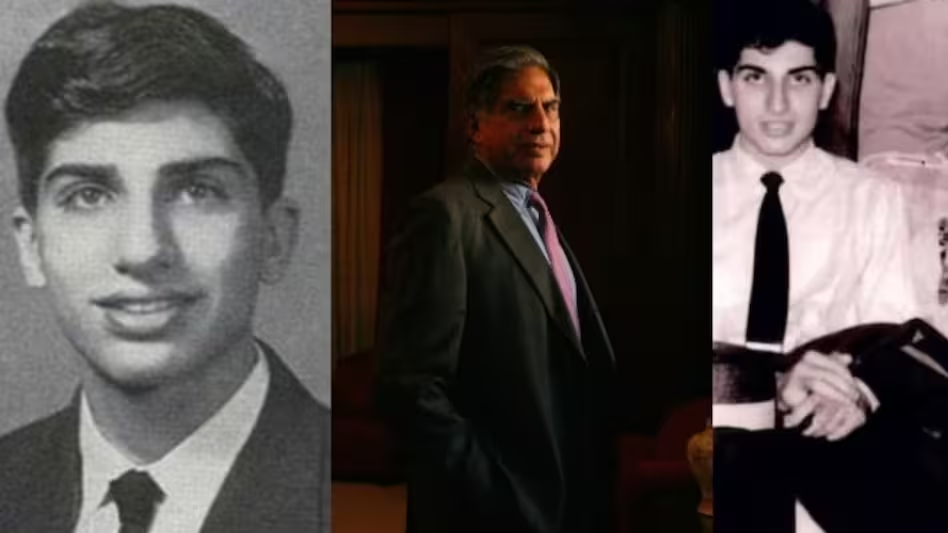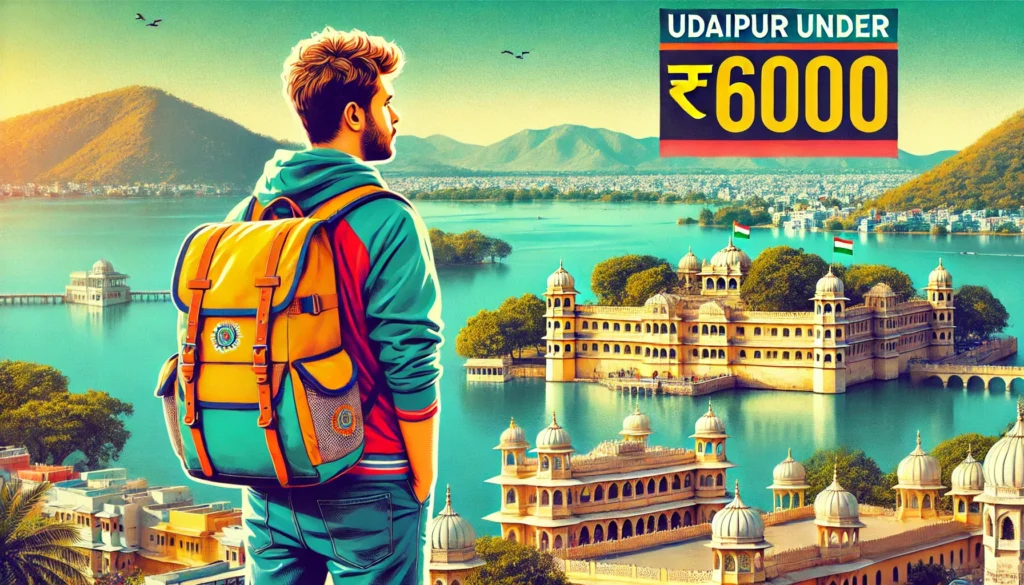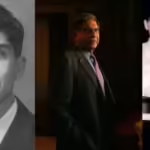Shri Ratan Naval Tata: A Legacy of Compassion, Innovation, and Inspiring Leadership
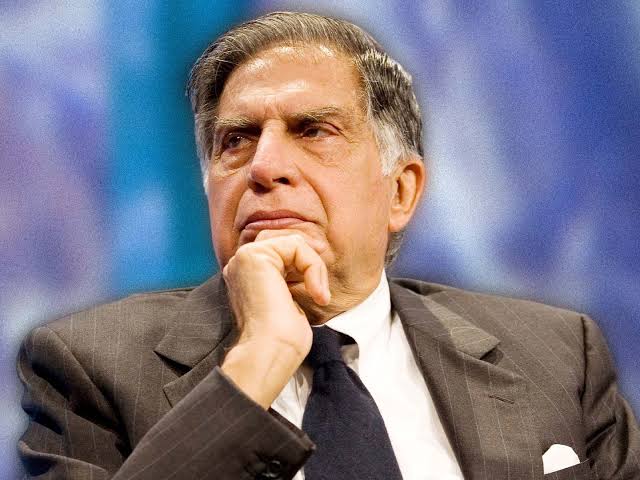
The name Ratan Naval Tata is synonymous with visionary leadership, excellence in business, and deep commitment to philanthropy. The man who in various ways inaugurated the journeys of this Indian business house into a global avatar, he also instilled deep social responsibility into the DNA of the company as its former Chairman of Tata Sons. This is the story of compassion, humility, and purpose – Ratan Tata’s journey from his childhood through his leadership struggles, monumental achievements, and the lasting impact he left for the world.
Childhood and Early Life: The Humble Beginning
Ratan Tata was born on 28 December 1937 to one of the most revered families of India. However, despite the name, he grew up in the most abject surroundings; his parents, Naval Tata and Sooni Tata, divorced him when he was only ten. Ratan and his brother were left to be brought up by their grandmother, Lady Navajbai Tata, who instilled these virtues of sympathy, honesty, and humility in them.
His preliminary education was at Campion School in Mumbai. Later, he completed his study at Cathedral and John Connon School and Bishop Cotton School in Shimla. He went to the U.S., where he graduated with a degree in architecture from Cornell University, and then pursued an Advanced Management Program at Harvard Business School.
Challenges: Bearing the Burden of Legacy
Ratan Naval Tata’s journey to the top of the Tata Group was no easy feat. Having joined the Tata Group in 1961, he went to the shop floor of Tata Steel and remained there, learning at grass-roots level with laborers in every respect in every piece of work. Despite his background, Ratan received the cold shoulder from the outer world and the group when he became the Chairman in 1991. Not even the simple step of consolidation of the group by reorganizing all subsidiaries under the Tata brand was liked.
It was indeed under his leadership that the Tata Group faced heavy challenges starting from the product development of the lowest-priced car in India, known as Tata Nano, to acquiring global giants such as Jaguar Land Rover and Corus Steel. However, it was Ratan Tata’s vision for business, perseverance, and innovation that changed the tide for the Tata Group. As he once quipped, “I don’t believe in taking the right decisions.”. I take decisions and then make them right. This quote epitomizes his pragmatic approach, making him a leader who stands by his choices and transforms them into successes.
Achievements: Transforming the Tata Group
The tenure of Ratan Naval Tata as Chairman of Tata Sons marks the golden era for that house. During his reign, revenue growth for Tata Group accounted to more than 40 times, and its profits rose by over 50 times. His philosophy of converting Tata Group into an internationally supported entity paid off with some serious acquisitions and innovations, and some of his significant achievements include:
- Purchasing Jaguar Land Rover (2008): What started as a doubtable move turned out to be one of Tata Motors’ greatest hits.
- Tata Nano (2008): Voted in the Guinness Book of World Records as ‘the cheapest car in the world’, Tata Nano symbolized the world’s cheapest car, an idea that the company’s chairman wanted to make a reality to provide every Indian family with an affordable means of transport.
- Tata Consultancy Services (TCS): This extension of the IT services major worldwide helped the company become one of the IT services companies in the world.
- Tata Tea’s Acquisition of Tetley (2000): Acquisition was a worldwide expansion hallmark as it made Tata Tea one of the world’s largest tea companies.
With these achievements, they reformed Indian industry and made their presence felt across the world. But Ratan Tata’s humility was still unscathed. As he was telling the world, “Power and wealth are not two of my main stakes,” he did not forget to tell everyone that profit-making was never in his agenda.
Philanthropy and Social Welfare: The Heart of His Legacy
While there is much to talk about Ratan Tata’s business acumen, his efforts in social welfare and philanthropy have transformed lives and contributed positively much more for society at large. Philanthropy, always a true tradition, to Tata’s commitment to giving back to society, was reflected in Tata Group’s policies. Today, almost 66% of Tata Sons is owned by philanthropic trusts, making it the biggest contributor to social causes in India.
Chief Philanthropic Activities:
- Tata Trusts: Ratan Naval Tata serves as chairman of the Tata Trusts, responsible for some of the largest charitable efforts undertaken by the group. These trusts focus on health care, education, rural development, and sanitation, touching the lives of millions.
- Tata Medical Center: In terms of healthcare, Ratan Tata has established the Tata Medical Center in Kolkata, India’s first state-of-the-art cancer care hospital, which treats patients with affordable treatment from all over the country.
- Education Initiatives: Ratan Tata was an education advocate for a long time. He has sponsored hundreds of scholarships for students in India at Cornell, Harvard, and MIT. Tata Scholarships opened up opportunities for thousands of underprivileged students from India and abroad.
- Initiatives of Ratan Naval Tata are the development of rural sectors: Including agriculture and water safety. Moreover, through his initiatives, employment generation has taken place in the rural sectors. Tata Trusts have done many programs for the upliftment of downtrodden sections in society.
Just like his philanthropic work, the philanthropic interests of Ratan Tata had crossed borders too. Contributions to the research being conducted in artificial intelligence and data analytics for Tata Consultancy Services (TCS) hugely added towards the technology that was developed there in India. Commitment to humanity is all the more visible in his efforts when he pledged Rs 500 crore for healthcare during the COVID-19 pandemic.
Awards and Government Recognition
Contributions of Ratan Tata did not go unnoticed. He was accorded various prestigious awards from the Indian government and international organisations that attract its value upon the industry and society at large.
- Padma Bhushan (2000) and Padma Vibhushan (2008): India’s third and second highest civilian awards, respectively, for outstanding contributions to trade and industry and philanthropy.
- Honorary Knight Commander of the Order of the British Empire (KBE) (2009): For his contribution toward strengthening Indo-British economic links, specially after the successful acquisition of British companies Jaguar Land Rover and Tetley.
- Lifetime Achievement Award Rockefeller Foundation – 2012: Because of his commitment to corporate responsibility and humanitarian work.
Besides these, his awards depict not only leadership but also humanitarianism. He would say, “None can destroy iron, but its own rust can. Likewise, none can destroy a person, but their own mindset can.”
Humility, Kindness, and Legacy
Ratan Tata is humility, kindness, and compassion in mankind. He, throughout these periods has been very pragmatic in life; that is not a feature of any other industrialist after such immense wealth and success was gained. Among many such examples of his compassion was when he personally visited the households of several employees who were targeted by the 26/11 Mumbai terrorist attack. In doing so, he made sure the whole family of each employee is also taken care of, whose temporary employees may have been targeted.
His humble acts of kindness have heaved him to the hearts of millions. Whether he was personally writing a reply to a student’s letter or assisting needy people without name and fame, Ratan Tata, the leader, had embodied humility and empathy in himself. His saying, “Take the stones people throw at you and use them to build a monument,” depicts how the master transformed hardships into progress.
The Final Chapter: Remembering a Legend
Ratan Tata breathed his last on 9th October 2024. It was the end of an era. He was not only grieved but mourned by all Indians across the globe. Generations within society avowed tributes from other global leaders, industrialists, and general public because of his gargantuan contributions to business, society, and mankind.
His legacy lives on, not just through Tata Group but through the many lives he touched through his philanthropy and kindness. The world will remember him not only as a titan of industry but also as a leader who made it possible that success went hand-in-hand with compassion.
A Lasting Legacy of Kindness and Vision
Ratan Tata’s legacy was humility, visionary leadership, and a lifelong commitment to social causes, a business leader guiding his business to serve society. The future will continue to follow the guiding principle of his leadership that businesses should be guided by their obligation to society. As aptly quoted by Ratan Tata, “If you want to walk fast, walk alone. But if you want to walk far, walk together.”
The life of Ratan Tata is a living test that proves that greatness, both in the sense of power and success as well as kindness, humility, and compassion, can be obtained.



